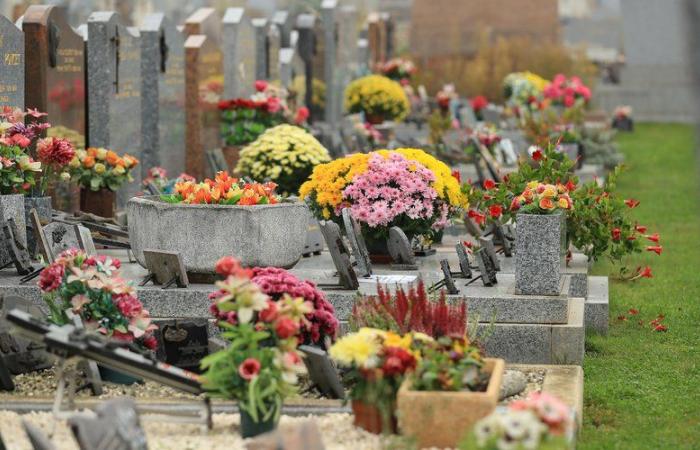The month of November begins with a public holiday, like every year since 1801, a day celebrated by the Catholic Church.
This Friday, November 1st, we celebrate All Saints’ Day. This is a public holiday listed in the Labor Code. It is linked to the Catholic religion.
A celebration of the Catholic Church
All Saints' Day is the feast of all saints, a day when the Church “honors the innumerable crowd of those who have been living and luminous witnesses of Christ“, explains the official website of the Catholic Church in France. On this day, people officially considered saints, “at the end of a procedure known as canonization” are celebrated, but also all the others who were unable to have this recognition.
“The Church knows well that many others have also lived in fidelity to the Gospel and in the service of all. This is why, on this All Saints' Day, Christians celebrate all the saints, known or unknown “specifies the Catholic Church.
All Saints' Day, like all other Catholic holidays, is a very old celebration, but it does not have its origins in the Bible because it was established by the Church.
Originally, the idea was to pay homage to the “people who suffered, were put to death for refusing to renounce their faith, their religion”but no date had been set.
All Saints' Day becomes a public holiday in the 20th century
It was Pope Gregory III (731-741) who set All Saints' Day on November 1 for practical reasons, notably to compete with non-Christian festivals like Samhain, celebrated by the Celts between October 31 and November 1.
In 1580, Pope Sixtus IV made it a major Christian feast and it was only in the 20th century that Pius X included it in the list of eight feasts, with the obligation to hear mass. All Saints' Day then becomes a public holiday.
France






